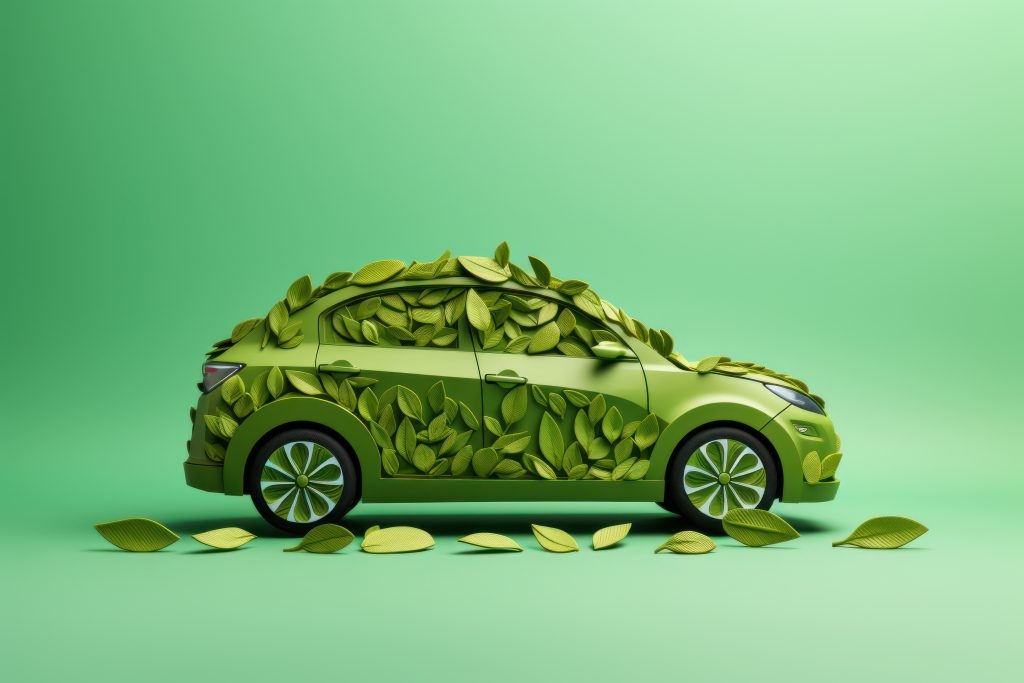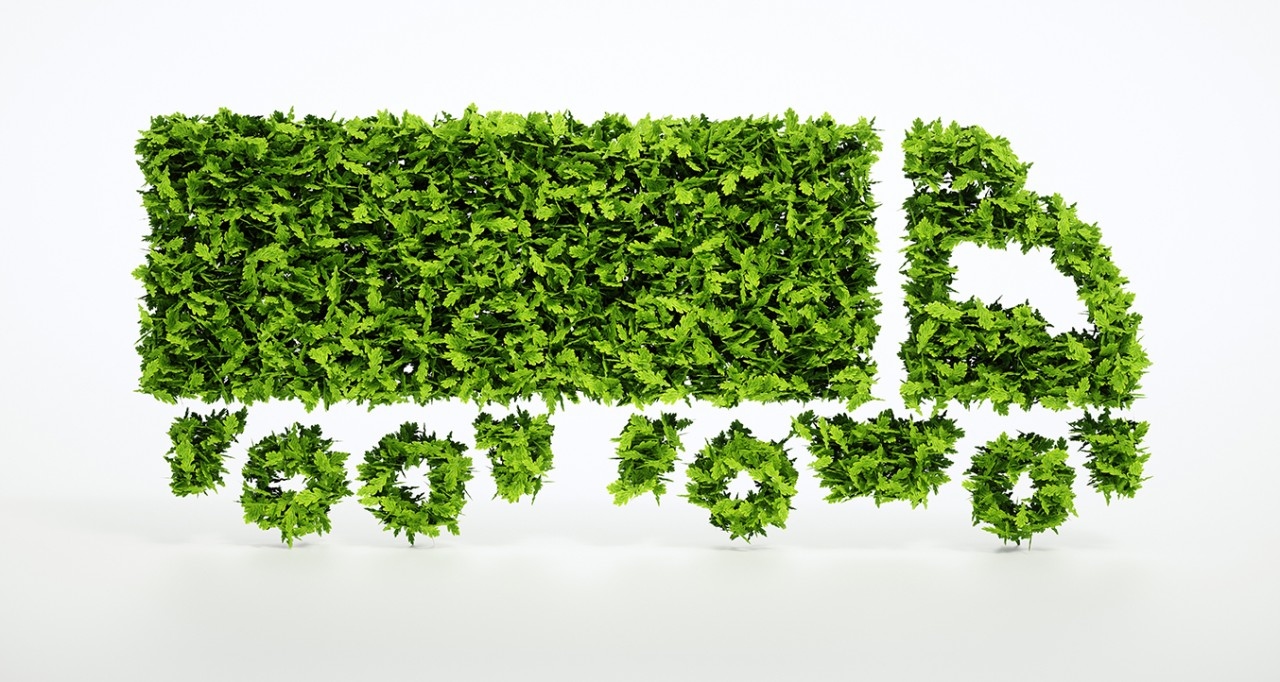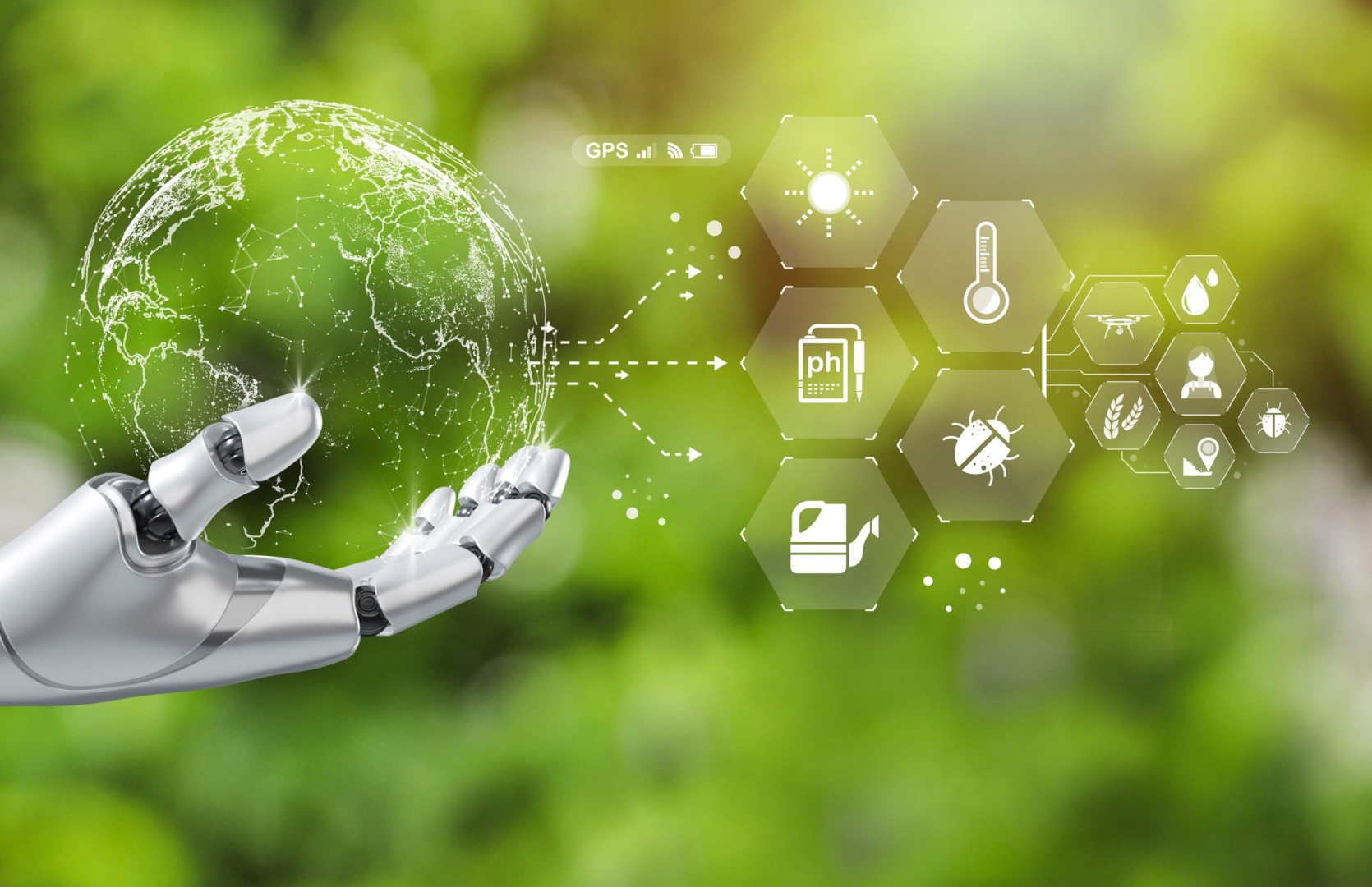
Americans Want More Recycling Action from Government & Brands
A new survey conducted by plastic pollution prevention startup CleanHub looked at the attitudes of US citizens towards recycling in 2024.
The findings revealled that the vast majority want the government to take a more active role to make recycling more accessible, and for businesses to do more to tackle plastic pollution.
Here are some Key takeaways:
-
More than three-quarters of people (77%) surveyed want the US government to make recycling more accessible, highlighting that there are still many national barriers to recycling.
-
Businesses urgently need to step up too - 79% of respondents think brands should be doing more to tackle plastic pollution.
-
87% of the respondents recycle at home, showing that the majority know that recycling is beneficial and do so when possible.
- Around half (49%) would pay more for more sustainably packaged products, while 39% did not want to.
-
One-third of people surveyed find it impossible to avoid single-use plastics, despite awareness about its negative impacts.
-
Microplastics and the repercussions they have on human health are a big worry for Americans, with 84% of respondents saying they were ‘somewhat concerned’ or ‘very concerned’.
Launched on Global Recycling Day (18th March), CleanHub surveyed 965 Americans to learn about their attitudes towards recycling both at home and at work, what their biggest recycling barriers are, and if they’d like more action from their government and businesses towards it. As only 5% of US plastic is currently recycled, and a 32% overall recycling rate, American recycling is amongst the lowest in developed nations showing that much more has to be done to meet their climate change and pollution targets.
When asked if they recycle at home, 87% responded saying that they do, clearly highlighting that most Americans are aware of and follow domestic recycling initiatives. These rates seem to fall at workplaces - 44% stated that their workplaces had recycling facilities, and a fifth (20%) said that they don’t have any at all.
A third (33%) stated that they found it impossible to avoid single-use plastics in their daily life. Only 15% said they always avoid them, and just over half (52%) stated that they try to avoid them. Many were also skeptical of plastic waste recycling - just 19% said they were ‘very confident’ that their plastic waste gets recycled, whereas more than a third (35%) stated that they were ‘not confident’. Microplastics and their health repercussions were also a large concern for 84% of the respondents.
Americans are also clear in wanting more federal action towards recycling - 77% of the respondents said yes when asked if the ‘US government needs to implement more recycling measures’. Only 12% said no, and 11% were unsure.
This could be as recycling policies vary depending on the state. Over a quarter (27%) said that they didn’t know or were unsure what materials can be recycled in their state, while 73% were aware. In regards to recycling barriers, Access to Facilities (31%) came up as the top reason with Motivation (27%), Cost (18%), Awareness (18%), and Other (6%) making up the rest, showing that more should be done towards infrastructure and education.
As well as the government, the vast majority (78%) also believe that brands and businesses have to do much more to combat plastic pollution, especially during the current cost of living crisis. Just under half (49%) said that they’re willing to pay more for sustainably packaged products, while 39% did not want to. Many stated that it depended on the cost of sustainable packaging to them rather than businesses, suggesting a big price difference may serve as a deterrent.
Cost was a key sustainable purchasing factor raised by many - 59% of those over 45 believe rising costs made it harder to shop sustainably, and 71% of younger people (ages 18-29) said it was harder to support sustainable brands due to the rising cost of living.
Some of the statements given by the survey respondents included:
-
“Have can and bottle redemptions in more states, and more facilities that pay for metal and plastics”
-
“The government should take a more active stance”
-
“Make it affordable and easier to recycle what you have”
In regards to industries, food and beverage was cited as the biggest source of plastic waste by 75% of those surveyed, followed by beauty and cosmetics (32%), laundry and homecare (23%), apparel (19%), pet food + accessories (7%), and other (3%).
Please read the full report here: https://www.cleanhub.com/
CleanHub’s Vice President of Marketing, Nikki Stones, had this to say on the survey findings:
"While US plastic recycling rates are incredibly low for a developed country, the American population’s attitude towards the issue couldn’t be more different. Our survey findings show that the majority of Americans not only diligently recycle, but have a clear desire for action on a larger scale.
The government - at a federal and state level - has to do more. They must provide convenient access to recycling facilities and education, as well as create policies to drive more sustainable business practices.
The emphasis on the cost of sustainable products is a familiar one, especially during a cost of living crisis. This is why brands also have a vital role to play by tackling plastic pollution in a way that doesn’t carry the financial impact onto consumers.”
Survey Methodology:
CleanHub conducted this research in February 2024 to learn more about recycling habits and attitudes toward plastic, surveying 965 people over the age of 18 in the United States. There was a roughly even split between male and female respondents, as well as between the age brackets: 18-29, 30-44, 45-60, 60+. We had people from all regions of the US, except from overseas territories, take part.
The overall earnings of those who participated in the survey ranged from 0 to $200,000+. However, many respondents said their income was between $25,000 and $49,999 per year. Our online survey included 15 questions related to recycling and consumer trends.
About CleanHub:
CleanHub is a global startup that uses technology to prevent plastic from reaching the sea by implementing waste recovery where there currently is none. Partnering with hundreds of brands, CleanHub uses funds to collect ocean-bound plastic from vulnerable communities, using its trash-tracking technology to provide real-time evidence of collection.
Trending
-
1 How IoT is Revolutionizing Sustainability: A Brighter Future Beckons
Susanna Koelblin -
2 How The Water Treatment And Desalination Will Change The Environment For The Better
Daniel Hall -
3 How Intermediate Bulk Containers Enhance Environmental Sustainability
Daniel Hall -
4 Hybrid Cars and Their Key Benefits
Susanna Koelblin -
5 UK Faces Wettest July in Recent Memory
Daniel Hall





Comments